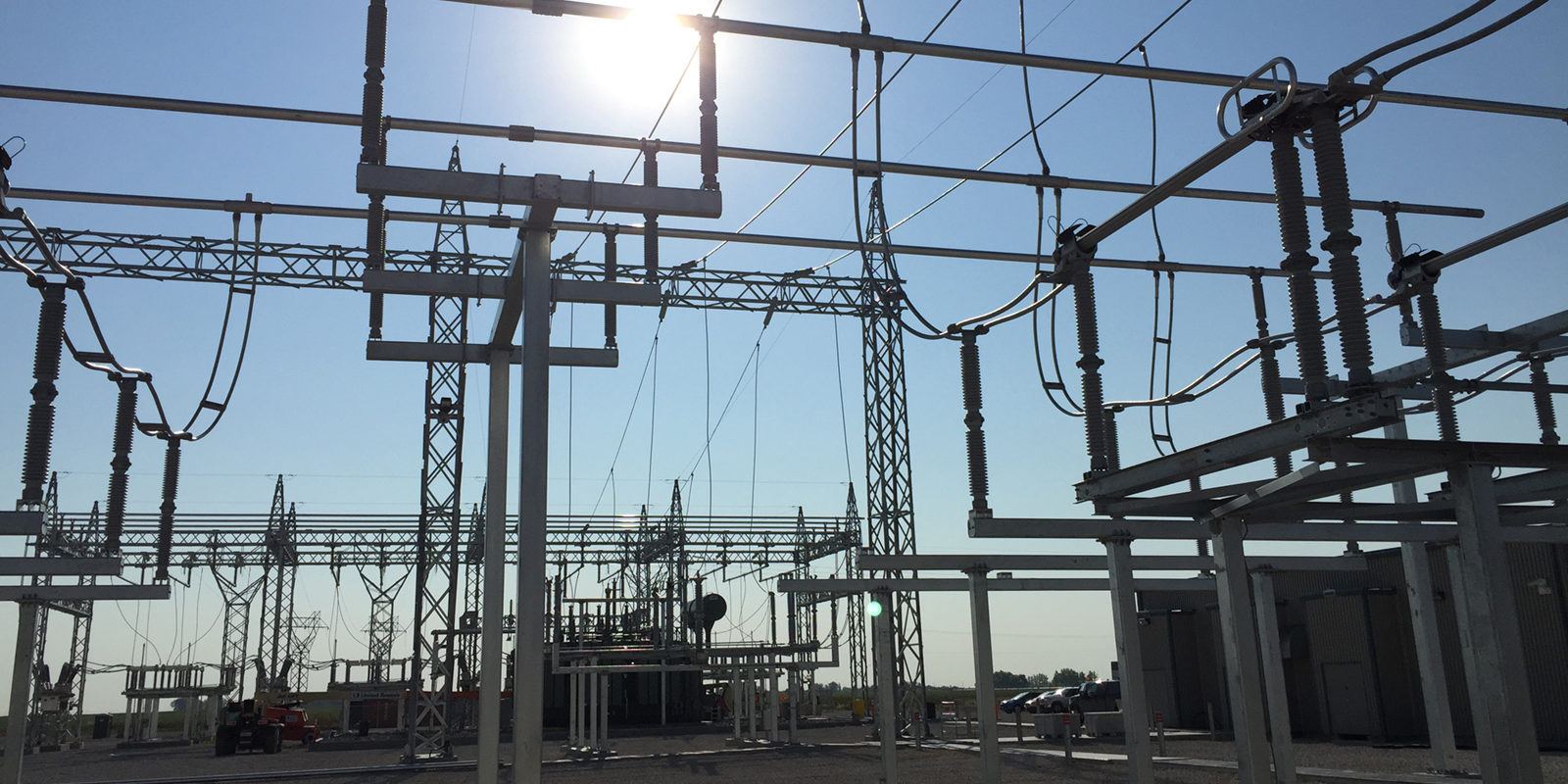BAKU, Azerbaijan, December 30. Trend News Agency presents an overview of the most important events of Uzbekistan’s energy sector in 2022.
State initiatives
In 2022 Uzbekistan's single energy system started receiving electricity from two new thermal power plants built in 2021. The first (capacity of 270 MW in Bukhara region) was designed to generate 2.2 billion kilowatt-hours of electricity per year, and it will save 260 million cubic meters of natural gas per year via energy-efficient equipment. The saved natural gas will generate an additional 900 million kilowatt-hours of electricity.
The second plant (240 MW in Tashkent region) was designed to generate 2 billion kilowatt-hours of electricity per year, meaning the country will be able to save about 290 million cubic meters of natural gas a year due to energy-efficient equipment. The saved natural gas will generate an additional 1 billion kilowatt-hours of electricity.
Furthermore, this year Uzbekistan put into operation new solar photovoltaic station with a capacity of 38 kW on the territory of Talimarjan TPP. As a result of the launch of the station, 76,000 kWh of electricity per year will be saved, which is equal to one-day use of electricity in 12,000 households.
International cooperation
Construction of thermal power plants and wind power plants
Representatives of Uzbekistan and Saudi Arabia's ACWA Power company discussed cooperation in the energy industry, in particular implementation of ongoing joint projects (construction of thermal power plants and wind power plants in Uzbekistan).ACWA Power is expected to build two wind power plants with a capacity of 500 MW in the Bukhara region of Uzbekistan.
Construction of solar photovoltaic stations
In 2022 Uzbekistan managed to secure separate deals with two international companies on construction of solar photovoltaic stations (total capacity of 1096.6 MW). Following the agreement with UAE’s Masdar company, the latter was to invest in construction of three solar photovoltaic stations, while the Phanes Group of the Netherlands was to invest in building the fourth one.
Following this, the reports later in the year said that the first and second solar photovoltaic stations with a capacity of 220 MW each, will be put into operation by October 2023 in the Gallyaaral district of the Jizzakh region and in the Kattakurgan district of the Samarkand region.
The third station with a capacity of 456.6 MW will be constructed and put into operation by December 2023 in the Sherabad district of the Surkhandarya region.
Meanwhile, Phanes Group will invest in construction of the fourth station with a capacity of 200 MW. The station will be built and put into operation by November 2023 in the Nurata district of the country’s Navoi region.
Supply of chemical products to Uzbek GTL plant
Uzbekneftegaz JSC signed a memorandum of bilateral cooperation with German Clariant company (specializes in production of chemicals for oil and gas industry) for supplying necessary chemical products for the Uzbekistan GTL plant.
Clariant company also expressed interest in another major project of Uzbekneftegaz JSC - "Expanding the production capacities of the Shurtan gas chemical complex."
Furthermore, the possibility of supplying a catalyst for equipment for the production of polypropylene was also discussed between the sides.
Surkhan-Puli-Khumri transmission line
Uzbekistan and Afghanistan have discussed the resumption of the construction of the Surkhan-Puli-Khumri transmission line in 2022, while the initial agreement on the construction of a 260-km 500 kV transmission line was signed back in 2017. In October 2020, the Asian Development Bank allocated $110 million to Kabul for the implementation of the project. The main funds were planned to be spent on construction work, which was to be handled by Uzbek contractors.
Uzbekistan has already built 45 km of the line on its territory, while the remaining kilometers of the transmission line on the Afghan territory are yet to be build, reportedly, due to security threats. If ready, the line will increase the volume of electricity supplies to Afghanistan by 70 percent - up to 6 billion kWh per year. The payback period of the project was presented to be 12 years. The capacity of the transmission line was estimated at 1,000 MW, which would allow exporting 24 million kWh per day, about 6 billion kWh per year.







